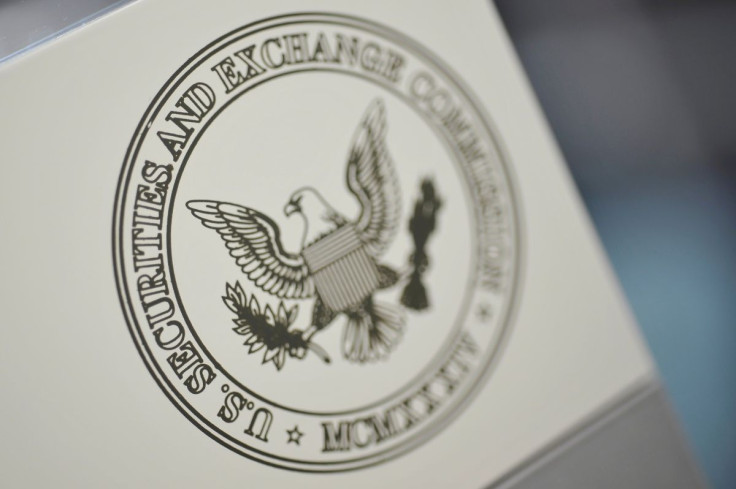U.S. SEC Set To Unveil Landmark Climate Change Disclosure Rule

The U.S. securities regulator on Monday will unveil a landmark proposal requiring public companies to disclose greenhouse gas emissions, part of President Joe Biden's efforts to fight climate change.
The long-awaited draft rule from the U.S. Securities and Exchange Commission (SEC) will likely require companies to disclose not only their own greenhouse gas emissions but those generated by suppliers and partners, known as Scope 3 emissions, six people with knowledge of the proposal told Reuters.
Reuters could not ascertain further details on how extensive such required disclosures would be.
"This proposal will be the light in a pathway toward addressing President Biden's priority of disclosing climate risk to investors and all areas of our society," said Tracey Lewis, a policy counsel at Washington-based advocacy group Public Citizen. "There will be a lot of critics. People are going to try to tear it down, even probably from the left."
Progressives and activist investors have pushed for the SEC to require Scope 3 emissions disclosure as the best way to slash emissions of greenhouse gases such as carbon dioxide and methane. Corporations have been pushing for a narrower rule that will not sharply boost compliance costs.
Given how contentious the proposal is expected to be, the SEC has spent the past week shoring up the draft against potential legal challenges, especially from the oil and gas lobby, the people said.
Corporate groups have argued there is no agreed methodology for calculating Scope 3 emissions and that providing so much detail would be burdensome and would expose companies to costly litigation if the third-party data ends up being wrong.
The draft proposal will be subject to public feedback and probably finalized later this year.
Any legal challenges will likely argue that the SEC lacks the legal authority to require Scope 3 emissions data, something the agency's one Republican Commissioner has said.
The SEC hopes to counter by showing emissions data is crucial for investors trying to figure out how public companies will be affected by the physical and transition risks posed by climate change, the people familiar with the matter said.
With more than $649 billion pouring into environmental, social and governance-focused funds worldwide last year, investors have called for companies to provide better climate-change data which is currently disorganized, patchy and difficult to compare.
"We do have information. The problem is that it's a hot mess," said Isabel Munilla, director of U.S. Financial Regulation at Washington-based Ceres Accelerator for Sustainable Capital Markets.
These issues show the SEC has sufficient grounding for its rule, say experts.
"I don't think anyone considering the evidence fairly could have the tiniest doubt as to whether investors have demanded disclosure," said John Coates, a Harvard University professor who worked on the early stages of the rule during his stint as the SEC's acting director of corporation finance last year.
© Copyright Thomson Reuters {{Year}}. All rights reserved.





















